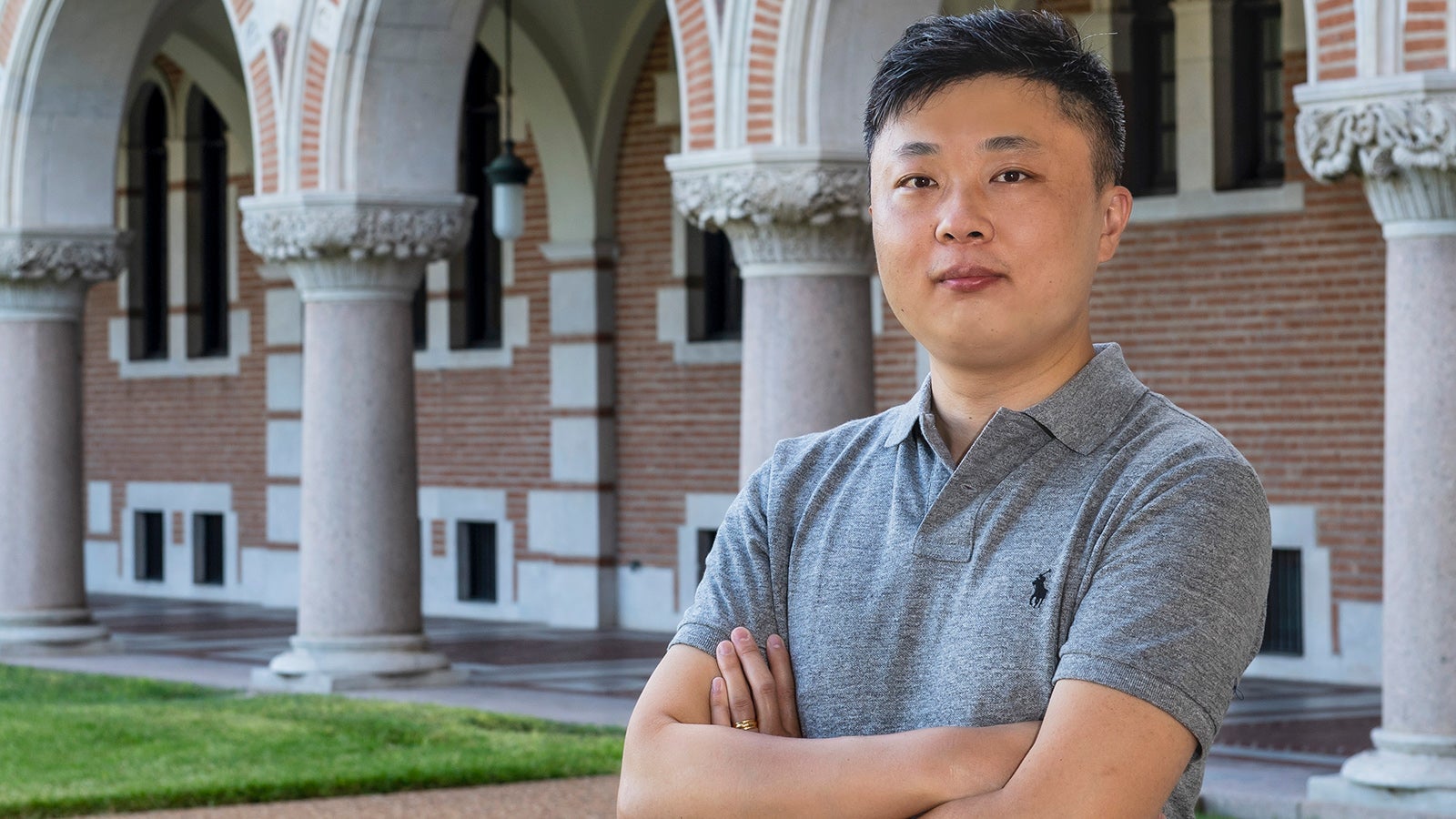Roboticist Kaiyu Hang has joined Rice University’s Department of Computer Science as an assistant professor where he directs the Robotics and Physical Interactions Lab (RobotΠ Lab). His areas of expertise include robotic manipulation, physical interactions, motion planning, robot learning, robot control and probabilistic estimation.
“I feel very excited about starting at Rice!” says Hang. “Rice has a world-class Computer Science department where I have the opportunity to work with the best professors and students. In particular, the research of robotics and AI at Rice is internationally recognized and has been driving and steering many research directions in the world.”
His research has received widespread media coverage including MIT Technology Review, Science Robotics, National Public Radio (NPR), YAHOO! News, TechXplore, Smithsonian, Nanowerk, Yale SEAS News, Nature Electronics etc.
Before joining Rice, Hang finished his postdoctoral research at Yale University. He earned his PhD and MSc from KTH Royal Institute of Technology and earned his BEng from Xi’an Jiaotong University.
He is broadly interested in robotic systems that can physically interact with other robots, people, and the world. By developing algorithms in optimization, learning, and control, his research is focused on efficient, robust, and generalizable manipulation systems ranging from small scale grasping and in-hand manipulation, to large scale dual-arm mobile manipulation, and multi-robot manipulation.
"Hang’s best-known work deals with giving robots the ability to perform delicate manipulations,” says Chris Jermaine, Rice’s chair of the Department of Computer Science. “Think of picking a credit card up off of a table. You might block one side of the card with your thumb so it doesn't slide, then lift the other side up with your finger tips or fingernails. It might not be too difficult for a human, but it's really, really hard for a robot to figure out how to do this."
“In the long run, my goal is to develop robot systems that are able to autonomously help humans, efficiently and friendly, and manipulate everything in the world,” says Hang. “There are so many things I look forward to. I want to develop interesting courses to guide students to learn and get their hands on both fundamental and state-of-the-art technology in robotics, collaborate with my colleagues and students on exciting projects, and develop novel and useful technology that can benefit our society.”
“In short, I look forward to everything in my new position at Rice!”

